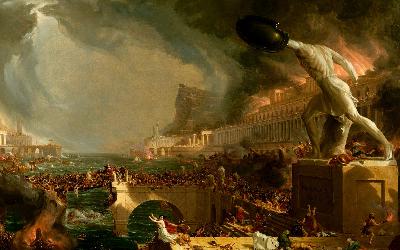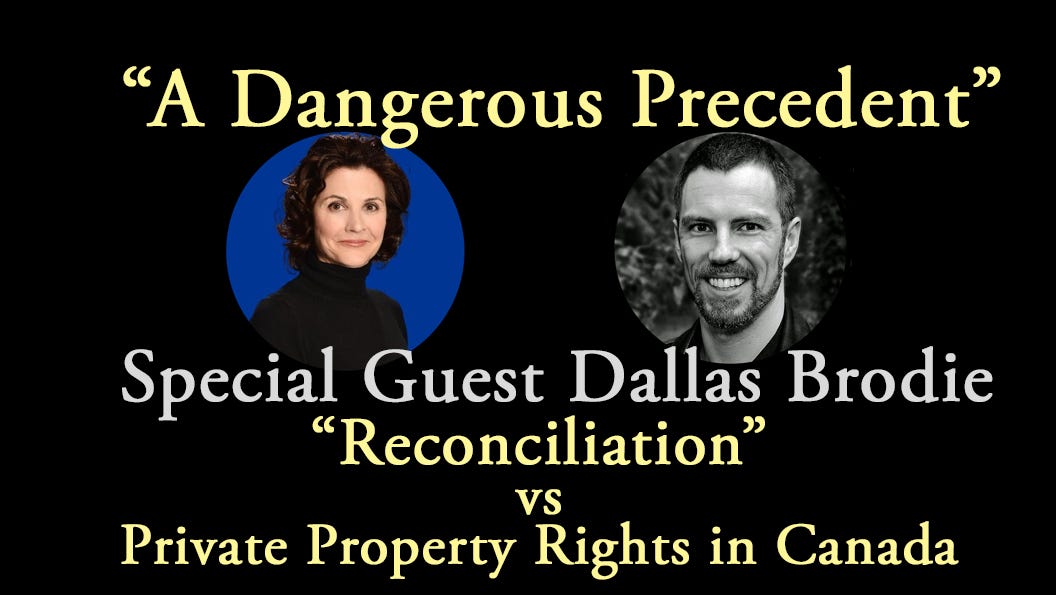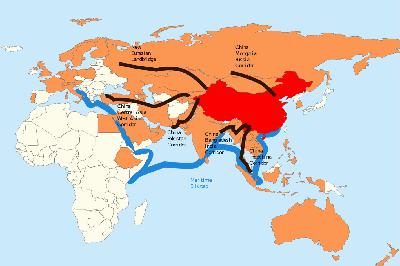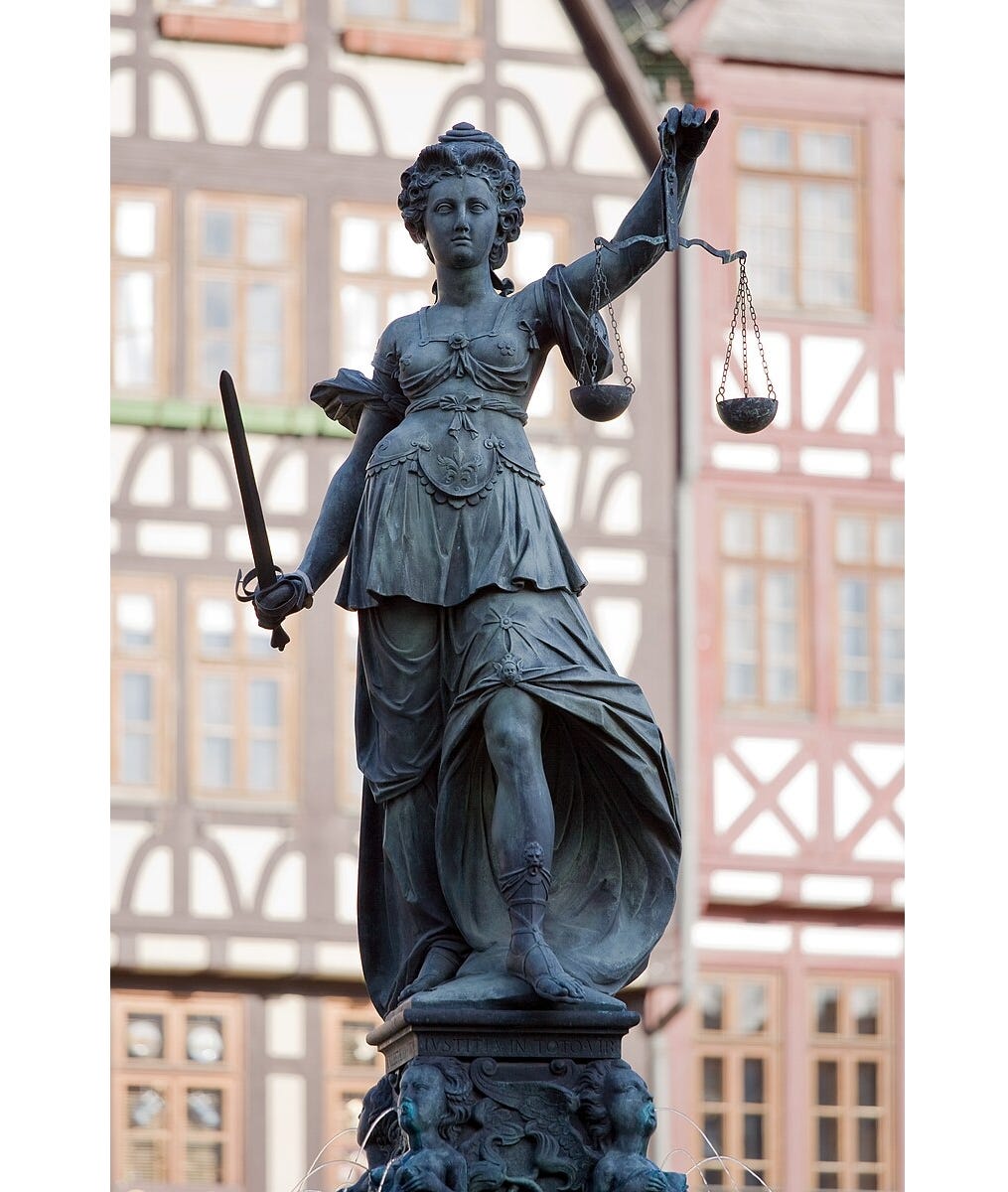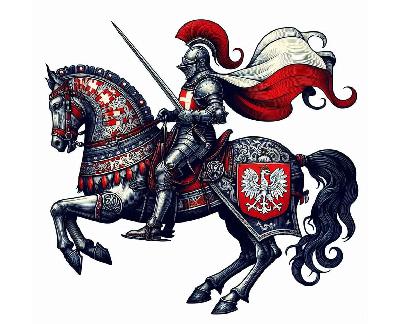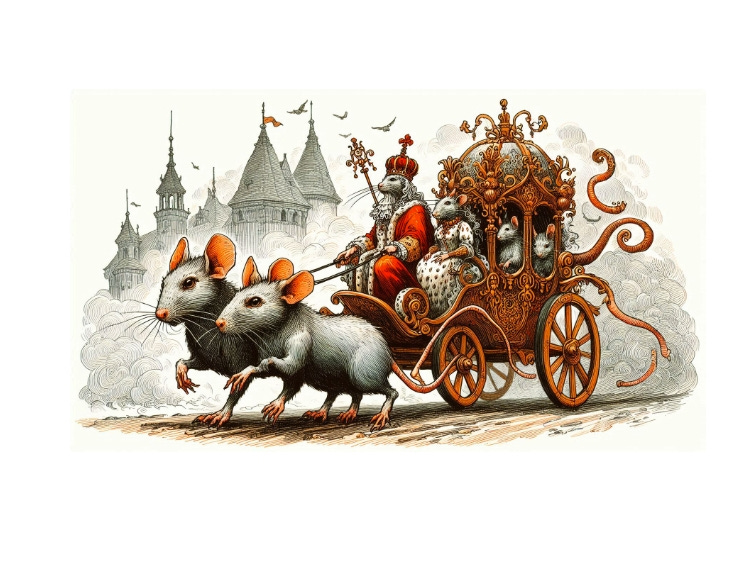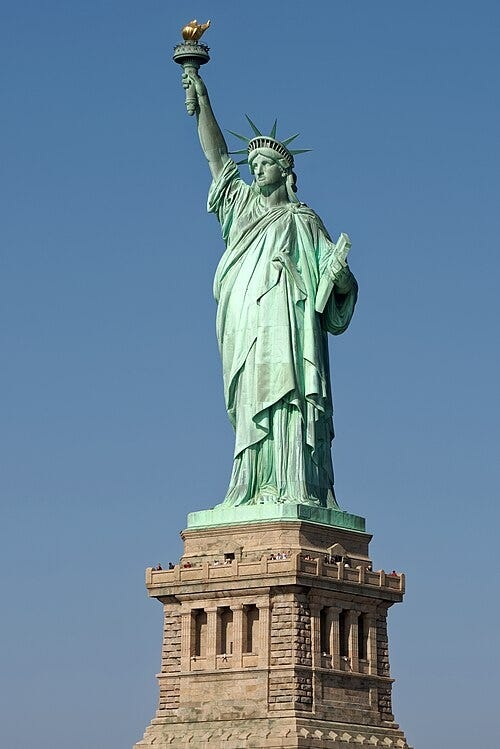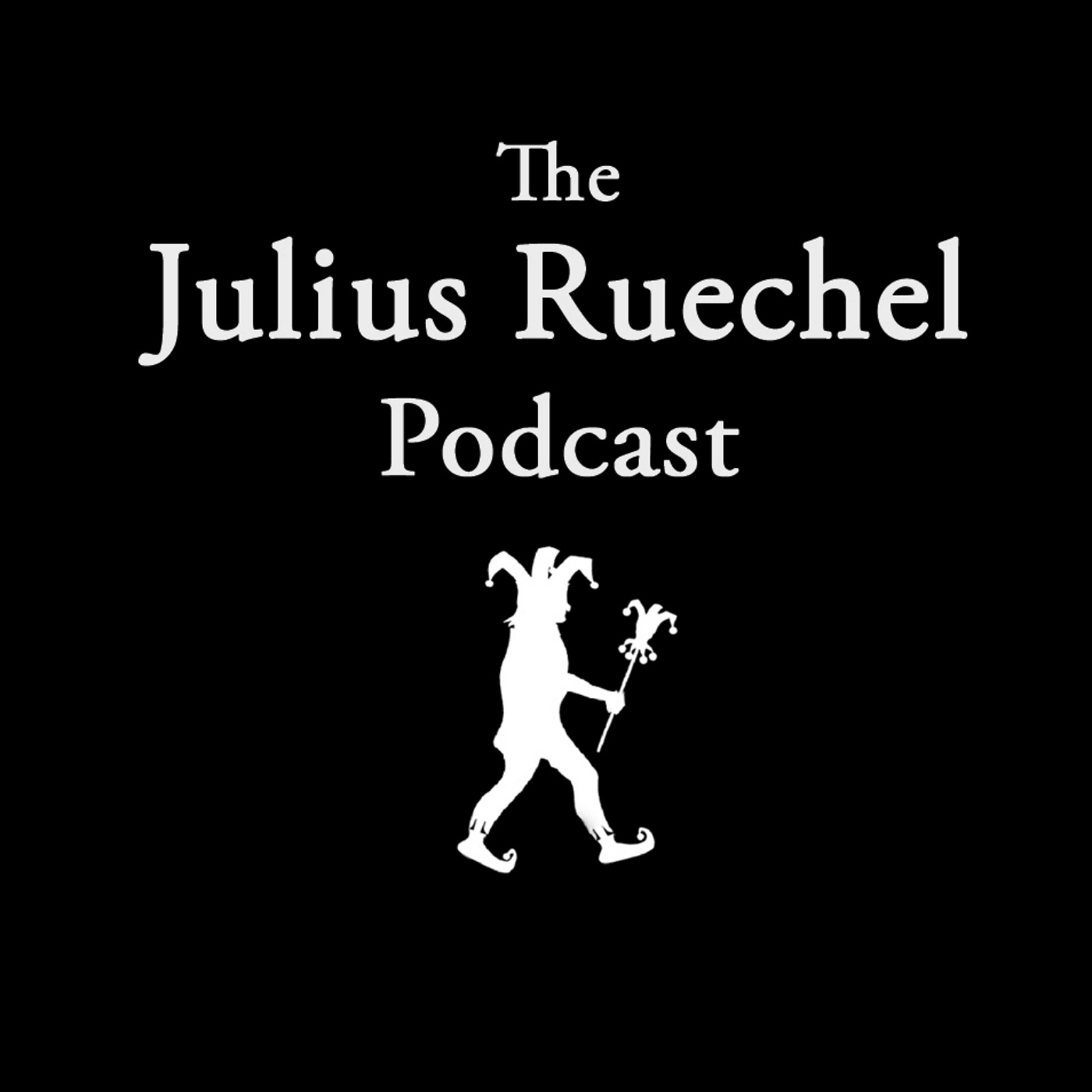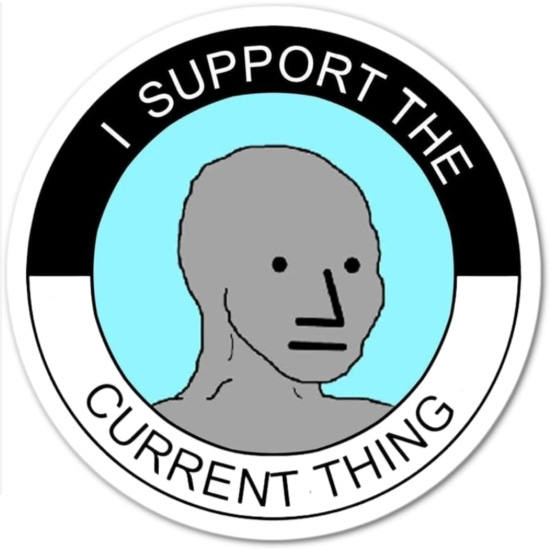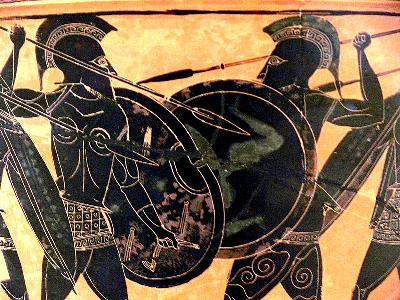The Psychological Unravelling of the West (Part 3) — A People Unfit for Democracy
Description
(If you’re reading this in your email browser, I recommend clicking on the title to switch to reading on the Substack platform (https://juliusruechel.substack.com) because most email programs truncate larger image-rich Substack posts.)
This is Part Three of my Deep Dive into the psychological unravelling of Western Civilization. In Part One — Why Western Civilization Lost Its Mind — I explored the psychological origins of our unravelling into dysfunction and chaos as all the civilizing forces that keep our feral human nature in check begin to break down.
In Part Two — Brain Games — I explored the many strange ways in which our brains work which, when overlaid on the current political, institutional, and social crises, explains many of the bizarre behaviours that are boiling out of society.
And in this third and final part of the essay — A People Unfit for Democracy — I will explore the social cycles that have haunted humanity since the dawn of time as different forms of government rise, grow stale, and get replaced by the next stage — and the implications for our own era as our corrupted democracies teeter on the brink of exhaustion.
~ ~ ~
Crossing the Rubicon into Dictatorship
Many of the ancient Greek thinkers described a natural cyclical progression through various forms of government as each stage succumbs to corruption and instability driven by human flaws and societal decay. Plato described a social cycle distinguished by five types of government, each of which follow the other in turn.
In his view, the starting point in the cycle is an aristocratic form of government — usually some kind of philosopher-king who rules justly based on his wisdom, honor, and integrity.
But as future generations of an inferior nature inherit the throne, this degenerates into timocracy — a state in which power is no longer earned due to the wisdom of the philosopher-king or due to the noble virtues of an aristocratic class; instead power is derived entirely from the inherited wealth and property owned by the aristocratic class, without any regard for social or civic responsibility.
As wealth continues to accumulate and gets concentrated in ever fewer hands, this gives way to the next stage in the cycle — oligarchy — in which a frugal and self-interested coalition of extremely wealthy individuals rule over society.
In time, as the growing gap between rich and poor fuels ever more bitter tensions between the social classes, the majority eventually forcibly overthrows the wealthy ruling minority, leading to democracy in which “the people” elect their own leaders.
But as the lower classes become more numerous and leadership competitions devolve into populism and spectacle, mob rule becomes ever more common until some clever demagogue leverages the mob’s fear of a return to oligarchy by establishing a tyranny, in which tyrants enslave the population and “eliminate” anyone who poses a threat to their power. This leaves society in the hands of the worst members of society, and with no discipline to create civility and order. Society devolves into chaos, and war is frequently used as a tool to consolidate the tyrant’s grip over society.
In Plato’s view, the tyranny that emerges from an exhausted democracy is the most unjust form of government.
As layers upon layers of laws emerge to legitimize the tyranny and plunder, the system becomes perfectly insulated against any democratic effort by the people to cast off the tyranny by reforming the predatory democratic system using the tools of democracy. But eventually, the tyranny is forcibly overthrown by some emergent new philosopher-king who breaks all the “democratic” rules and thus dislodges the tyranny, and so the cycle begins anew.
Many other ancient Greek writers proposed different variants on this theme. For example, Polybius proposed three basic forms — democracy, aristocracy, and monarchy — each of which devolves into its degenerate mirror image — mob rule, oligarchy, and tyranny — before giving way to the next stage in the cycle.
As a side note: in Part One of this essay I began by discussing why I disagree with Mattias Desmet’s book, The Psychology of Totalitarianism, in which he laid out four psychological conditions that must emerge in a population to explain why society allegedly becomes vulnerable to mass hysteria and becomes willing to embrace totalitarianism (which he views as a distinct form of dictatorial authoritarian rule).
In Desmet’s view, there is a psychological distinction in the minds of the masses, which separates “regular” dictatorship from totalitarian dictatorship, with the former being more utilitarian and the latter more ideological as it seeks to control everything right down to your thoughts. In my view, while those differences may be useful for describing differences between authoritarian regimes, I believe those academic descriptors are not particularly useful in understanding why society is suddenly plunged into one type of tyranny or another.
Totalitarianism isn’t a new or unique form of tyranny — modern technologies and modern contexts certainly give each regime their own flavor and unique new tools with which to control their populations, but the collective tyranny of the Spartan State in ancient Greece between 900-192 BC, the totalitarian rule of Qin Shi Huang (China’s first emperor) between 221-210 BC, the ideological and militant Fatimid Caliphate from 909 to 1171 AD, or the cult-like ideological rule under Akhenaten’s Egypt from 1353-1336 BC all fit the mold of extremely ideological leadership, society-wide thought control, society-wide ideological fervor, the crushing of rival beliefs and the extermination of rival believers, and intense policing of the private sphere.
Tyranny comes in many forms because it has to mold itself to the society in which it operates. The flavor of the tyranny that emerges will reflect the stage of Plato’s social cycle as society evolves through different types of government and will necessarily reflect the culture and historical context of each era. An ideological society (like revolutionary Russia, which was fixated on the Bolshevik/Marxist class struggle; or Hitler’s Germany, which was fixated on social engineering to escape Weimar Germany’s failed interwar experiment with liberal democracy, or the theocratic authoritarianism of the Ancien Régime in early Quebec, which was obsessed with Catholic purity and colonial control) will each produce an ideological form of tyranny that demands total control over the private sphere.
By contrast, a militaristic society intent on suppressing rival political powers and focused primarily on plundering state coffers (like Pinochet’s Chile, founded by military coup, or Saddam Hussein’s Iraq, founded on the idea of Arab nationalism) will produce a more utilitarian form of tyranny, less fixated on utopian ideals but no less brutal. The context of the era provides the flavor to the regime — a society obsessed with ideological ideas will produce ideological regimes, whereas societies that emerge during eras of brute power politics will produce more utilitarian regimes.
It’s also worth noting that new regimes often ride a wave of ideology into power, which they then dial back once their grip on power is secure — harnessing ideological zeal is a useful battering ram with which to topple the old guard, but once power is seized, governing demands stability over zeal. Even Chairman Mao only fanned the flames of ideology whenever he felt his power being threatened by whipping up the easily-incited mob as a weapon to purge threats, but then let things simmer down whenever he felt secure — a fact that further undermines the idea that totalitarianism is a product of pre-existing psychological pressures in society, while underscoring the ease with which a regime can inflame or dial back ideological fervor, on demand, simply by hacking our easily hackable human nature. Watching the ease with which a dose of fear about the Covid virus, Russia, or Trump can ignite mob-like behaviours in our own society reveals how easily any tyrannical regime can start a fire as long as it is in control of the airwaves that tell an obedient population what to think and feel.
I think Plato, Polybius, and their peers provide a far more logical explanation for the chaos and tyranny that emerge during unravelling eras. There is a natural degeneration to every form of government as each form becomes intolerable, unworkable, unreformable, and tyrannical — the social, economic, and cultural context of each era provides the flavour, but the cycle holds nonetheless. And at every stage, society’s leaders tap into our human nature to whip up the crusades, intimidate their enemies, and purge their rivals. Our irrational, tribal, hive-minded, and superstitious nature does the rest. A mob is to a politician as an army is to a general — a tool to be commanded if you know how to push the right buttons.
Rome provides a great example of this natural cyclical progression through Plato and Polybius’ different forms of government and the inevitable chaos and tyranny that erupts at the turning points.
Rome was founded in 753 BC by philosopher-kings. But over the course of next 250 years of monarchical rule, their Roman kingdom degenerated into tyranny until, in time, they were violently overthrown by the combined efforts of the aristocracy — and so the Republic was born.
But after 500 years of senators “tweaking” their republic to serve only the

